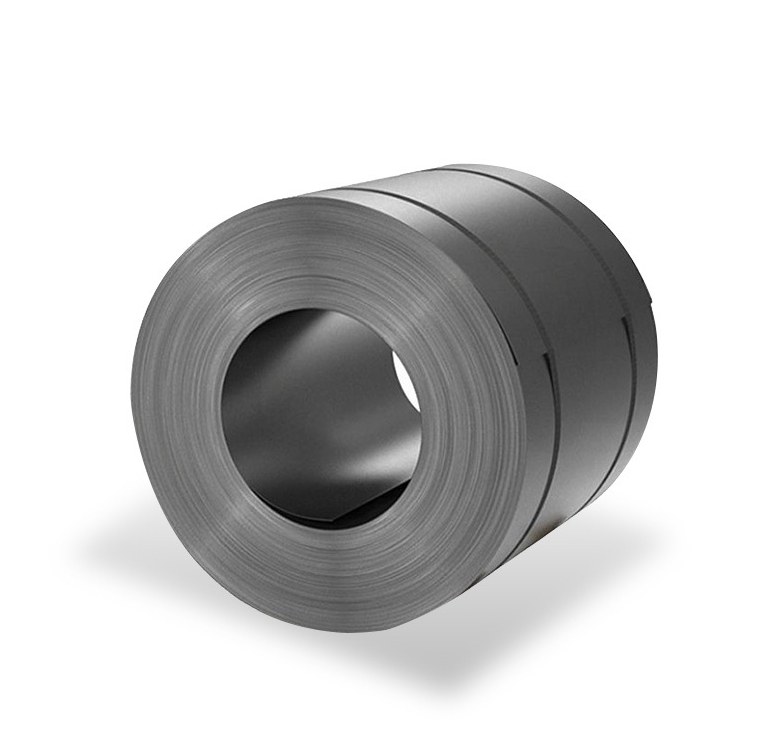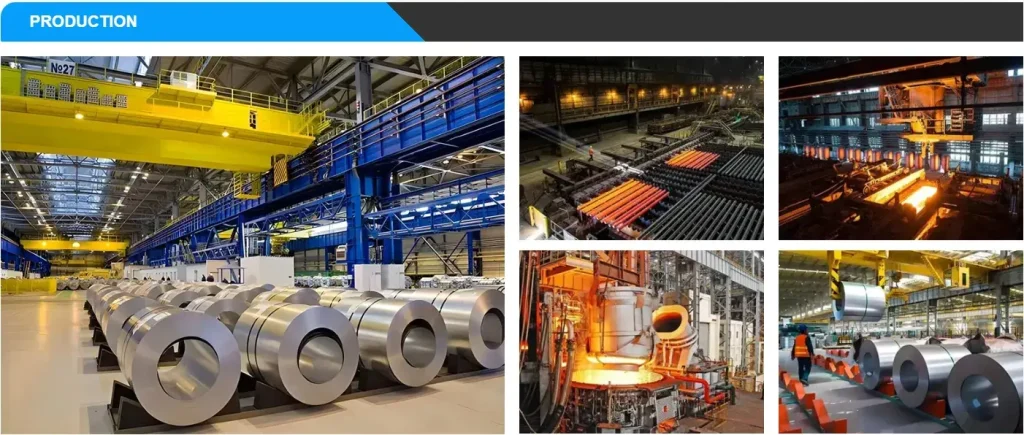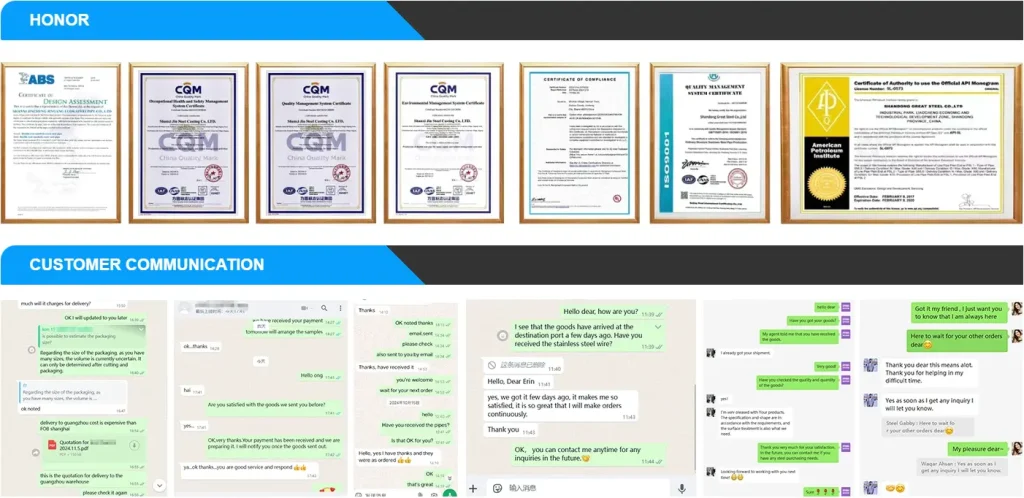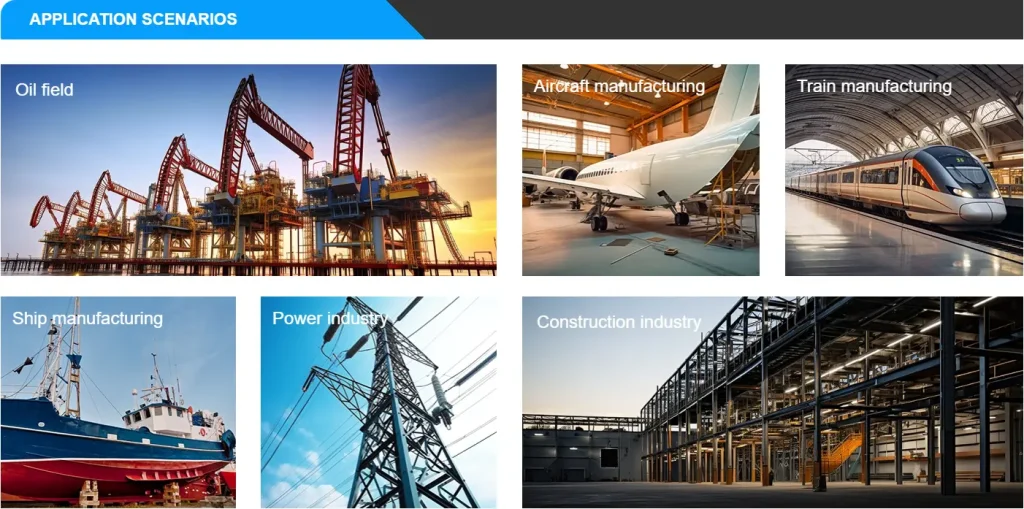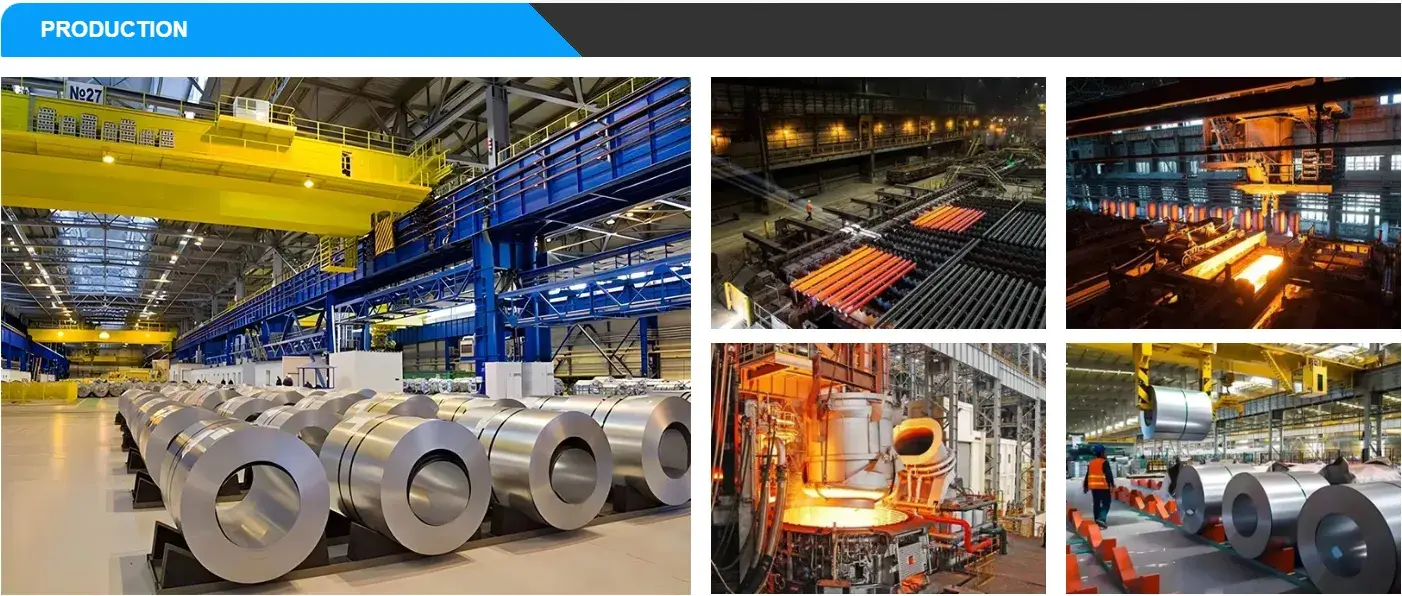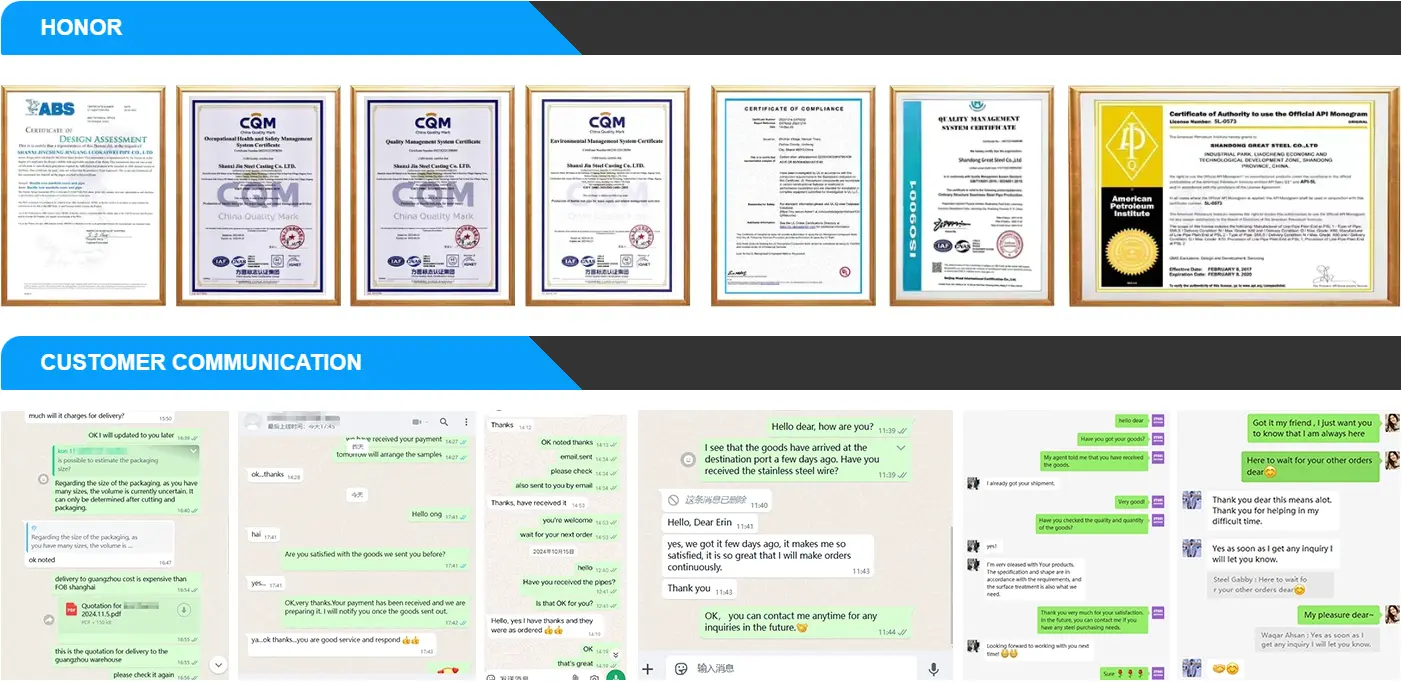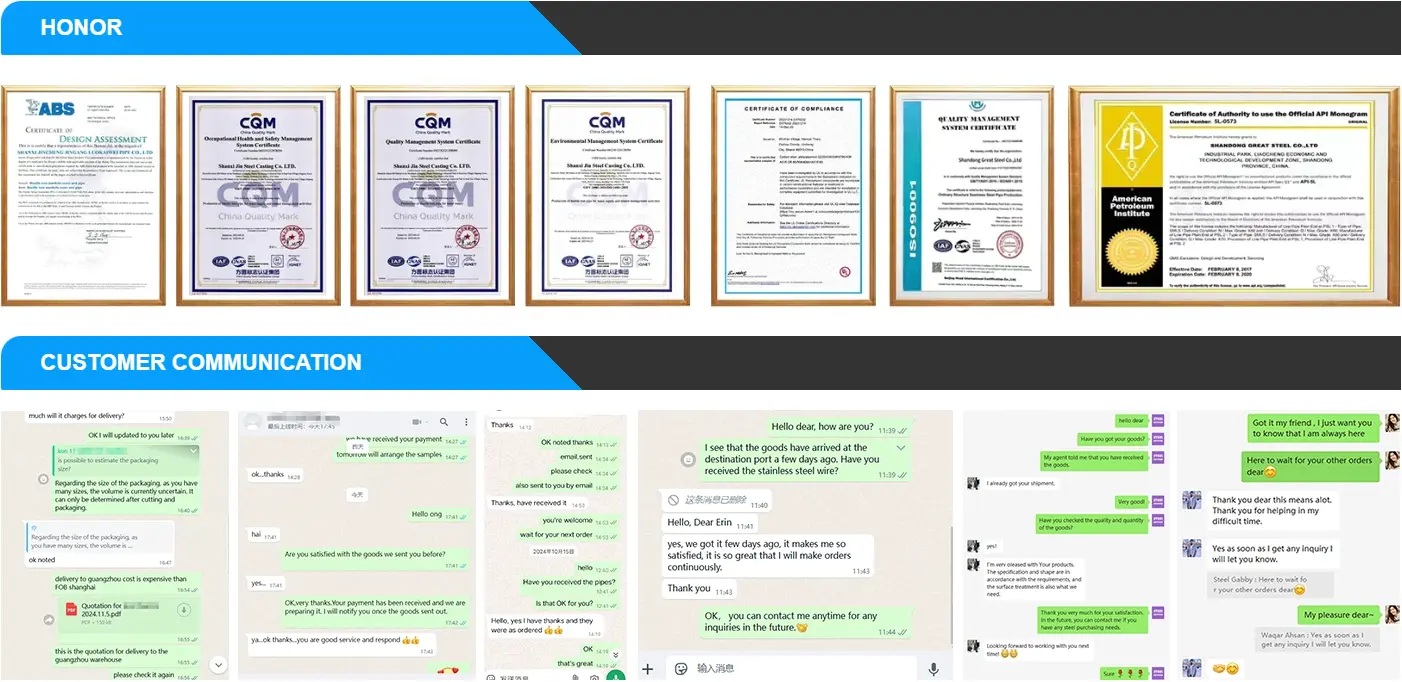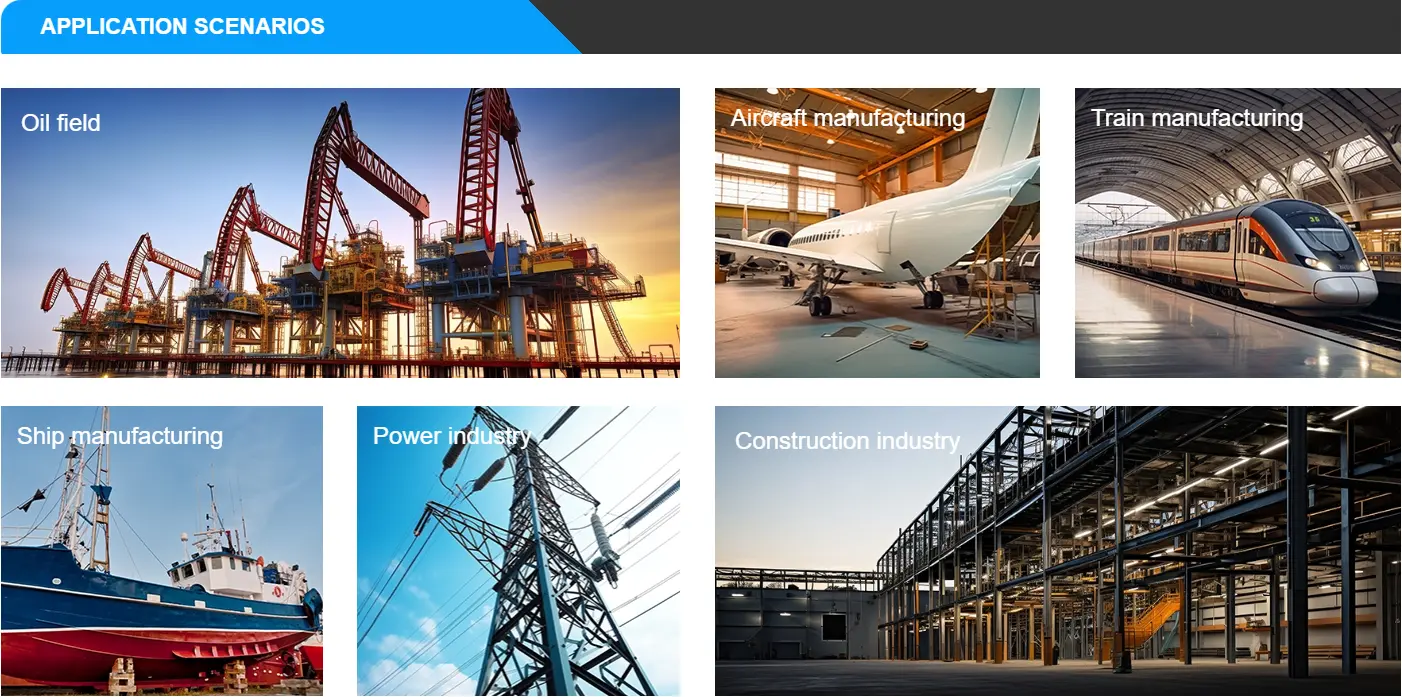ASTM A533 Pressure Vessel Steel Coil: Quenched & Tempered Alloy for Cryogenic Applications
ASTM A533 Pressure Vessel Steel Coil Product Overview
ASTM A533 (ASME SA-533) is a manganese-molybdenum-nickel alloy steel designed for welded pressure vessels operating at -196°C to 260°C, including LNG storage tanks, cryogenic separators, and nuclear containment systems. Available in Classes A-E with Grades 1-3 tensile strengths (550–860 MPa), it meets ASME BPVC Section VIII and EN 10028-4 S355J2+N standards. With superior low-temperature toughness and radiation resistance, it’s widely used in energy, petrochemical, and aerospace industries.
Key Technical Specifications
1. Manufacturing & Dimensions
- Process:
- Hot-rolled: 2.75–100mm (±1.0% thickness tolerance per ASTM A20)
- Cold-rolled: 0.2–3mm (±0.25% tolerance for precision forming)
- Width: 45–2,200mm (compatible with CNC machining)
- Surface: Shot-blasted (Sa2.5) or electropolished (Ra ≤0.8µm)
2. Chemical Composition
| Class | C (≤%) | Mn (%) | Mo (%) | Ni (%) | Key Alloy Features |
|---|---|---|---|---|---|
| A | 0.25 | 1.15–1.50 | 0.45–0.60 | – | Cost-effective for moderate cryogenic loads |
| E | 0.20 | 1.15–1.70 | 0.25–0.60 | 0.60–1.00 | Enhanced toughness for LNG tanks |
Trace elements:
- P/S ≤0.025% (Class A-D), ≤0.015% (Class E)
- Cu ≤0.15%, Cr ≤0.64% (Class E)
Mechanical Properties
| Grade | Tensile (MPa) | Yield (MPa) | Elongation (%) | Impact Energy (J @ -196°C) |
|---|---|---|---|---|
| 1 | 550–690 | ≥345 | 18 | 80 |
| 3 | 690–860 | ≥570 | 16 | 45 |
Test standards:
- Tensile: ASTM A370 (strain rate 0.006/min)
- Impact: ASTM E23 (Charpy V-notch, 10x10mm specimens)
- Hardness: 200–240 HBW (Brinell)
Performance Advantages
- Cryogenic Toughness:
- Ductile-brittle transition: Below -100°C (Class E Grade 3)
- FATT (Fracture Appearance Transition Temp): -120°C (Class B Grade 2)
- Radiation Resistance:
- Neutron irradiation stability: ≤0.12% embrittlement @ 2×10¹⁹ n/cm² (nuclear applications)
- Weldability:
- Preheat: 95–150°C (SAW with EM12K flux-wire combo)
- PWHT: 595–650°C for stress relief (mandatory for Grade 3)
- Cost Efficiency:
- 40% lighter vs. 304L stainless steel in LNG tank construction
- ASME N-stamp certified for nuclear containment vessels
Applications
| Industry | Use Case | Recommended Class |
|---|---|---|
| Energy | LNG storage tanks (-162°C) | Class E Grade 3 |
| Nuclear | Reactor pressure vessels | Class D Grade 2 |
| Aerospace | Liquid oxygen tanks | Class C Grade 1 |
Global Equivalents
| ASTM A533 | EN 10028 | JIS G3126 | GB 24511 | DIN 17100 |
|---|---|---|---|---|
| Class B | S355J2G3 | SLA355N | 07MnNiVDR | 1.8903 |
| Class E | S460N | SLN460N | 08Ni3DR | 1.8909 |
Sustainability & Compliance
- Recycled Content: 78% (mill-certified per ISO 14021)
- RoHS Compliance: Lead-free, Hexavalent Cr <0.001%
- Certifications: NORSOK M-601 (Arctic service), PED 2014/68/EU
Product Show
G90 Galvanized Sheet supplier
Luo Kaiwei Steel Company is a comprehensive steel supplier that produces a variety of carbon steel plates, carbon steel pipes, galvanized steel, carbon steel coils, and steel profiles.


